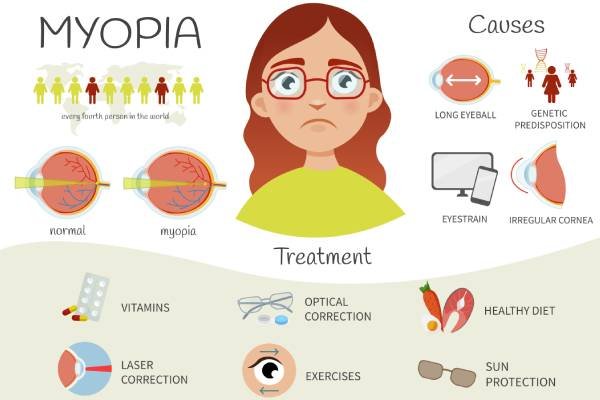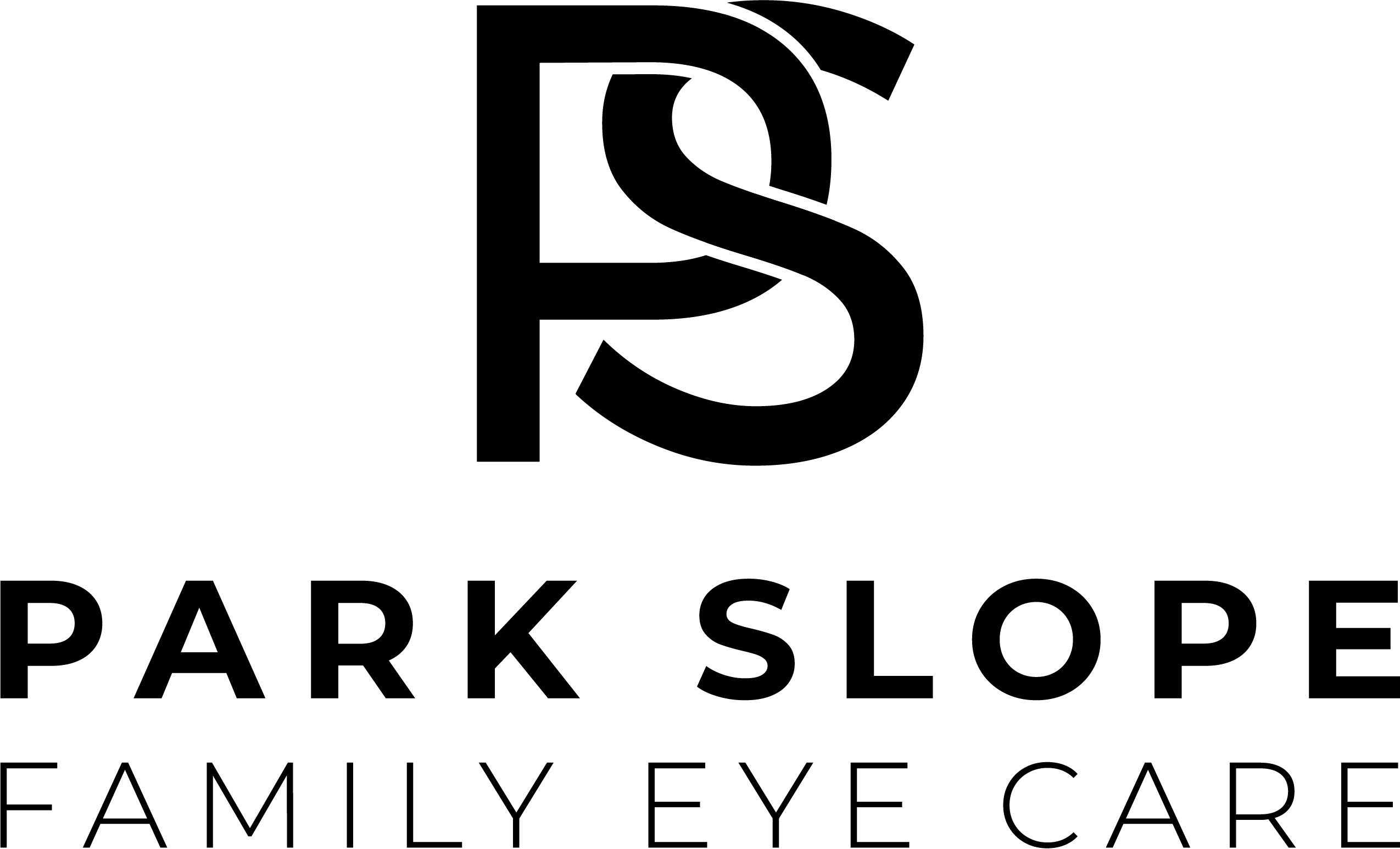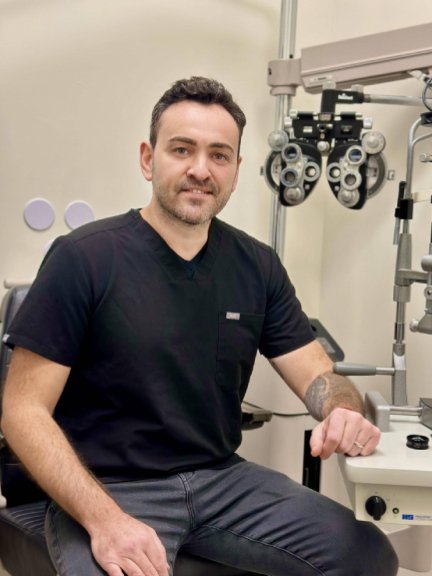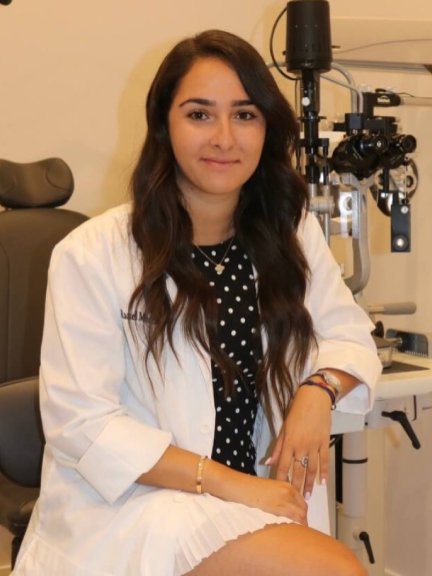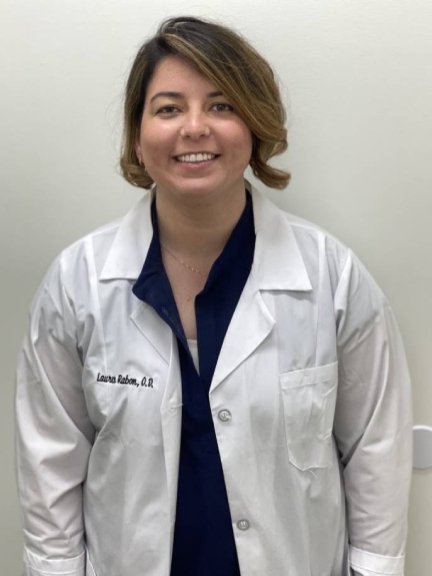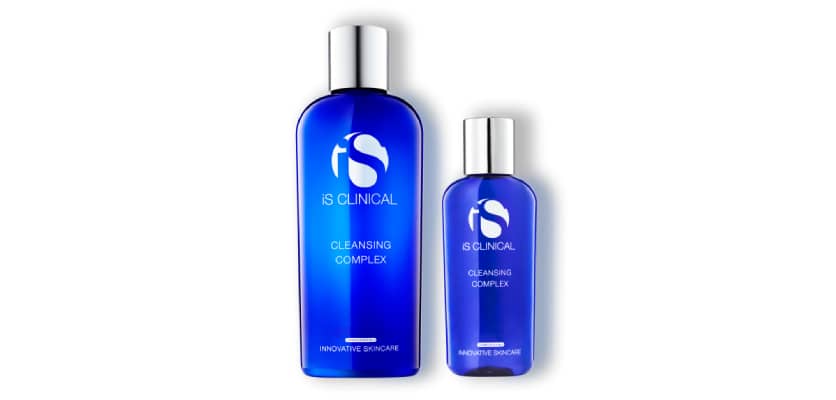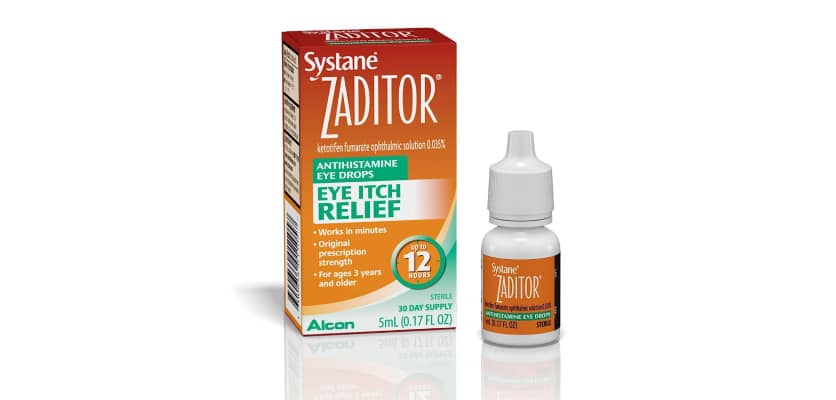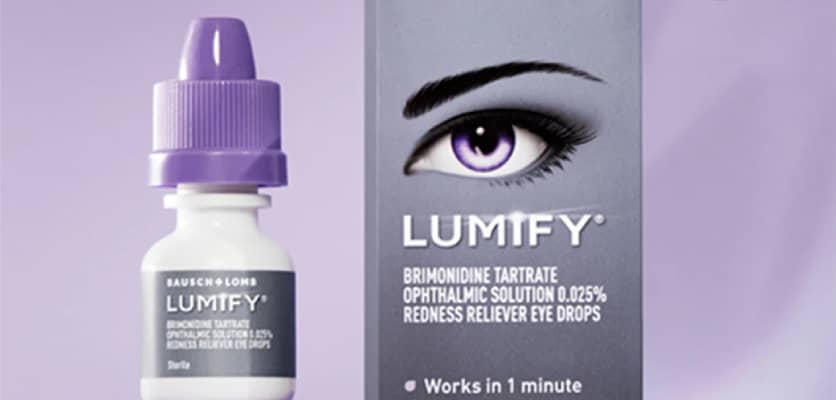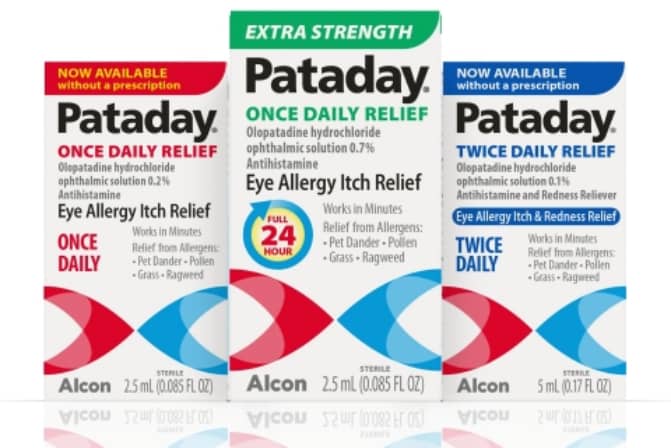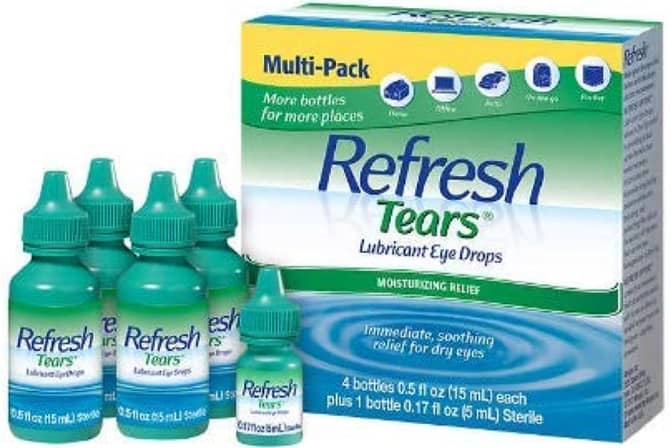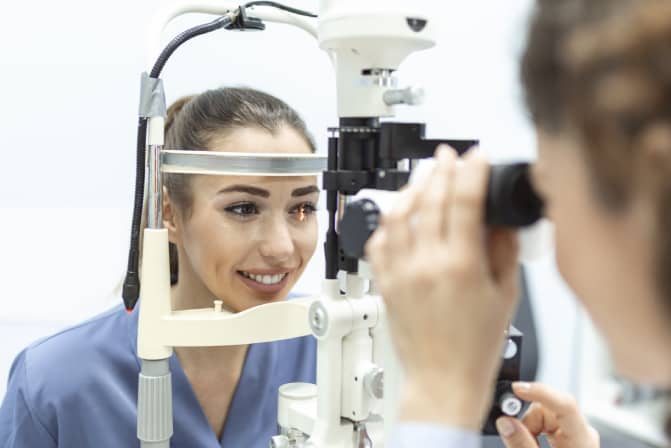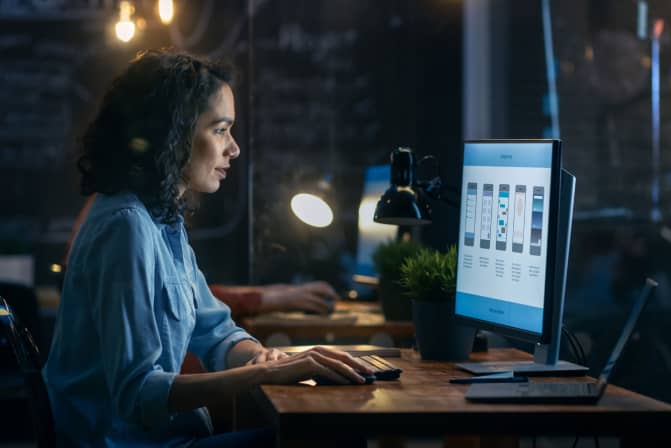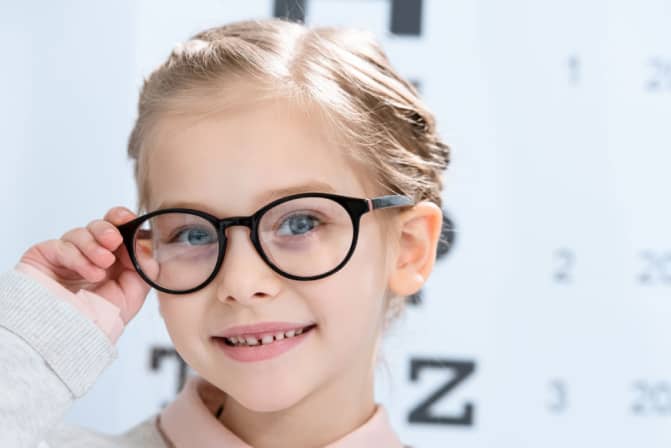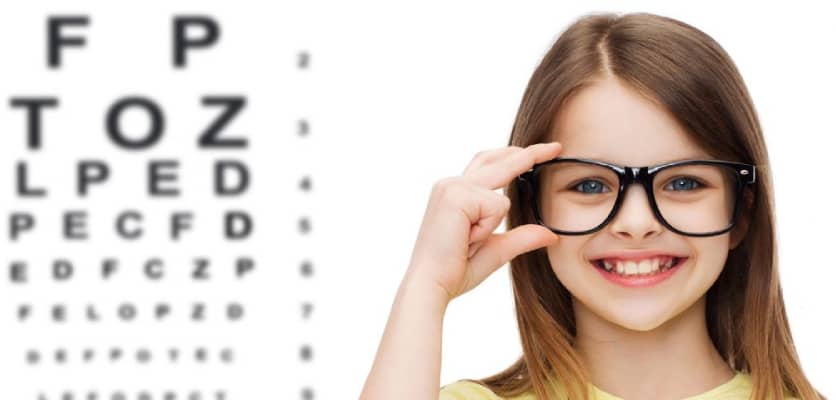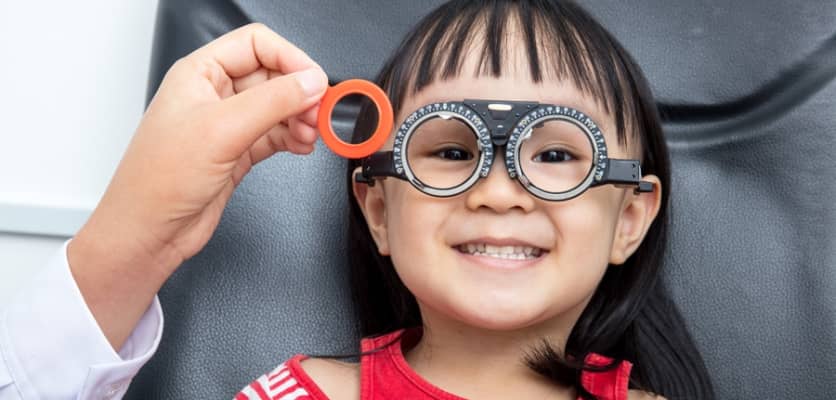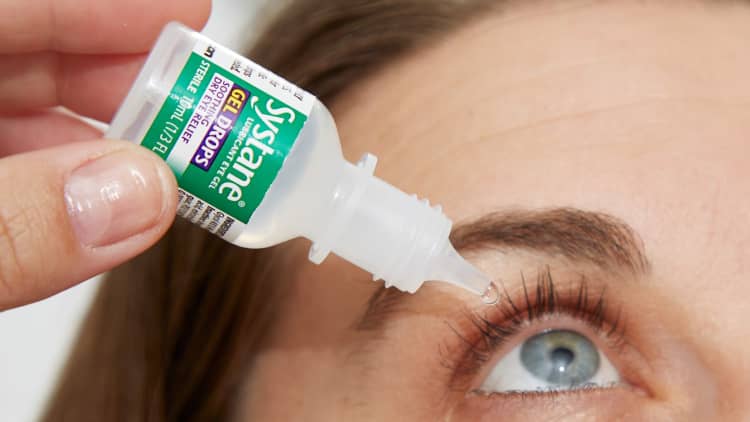What We Offer
Myopia Control
Myopia is a term used to define near-sightedness. It is a form of refractive error that affects millions of people across the world. Myopia happens when your eyes do not focus light properly on the retina (back part of the eye). Although the effects of myopia can be corrected with glasses or contact lenses, there are larger eye health risks with cases of high myopia.
To help control myopia at an early age, we can diagnose it during an eye exam and recommend one of our control options. If you are struggling with seeing objects at a distance or have a family history of near-sightedness then you are in need of an eye exam.
How To Control Myopia
The best way to control myopia is by utilizing corrective lenses or sometimes surgery. The methods we use are very individualized but may include the following options
Soft contact lenses
Orthokeratology
Optical correction
Laser correction
There are also natural methods for controlling myopia
Vitamins
Healthy diet
Sun protection (sunglasses)
Eye exercises
